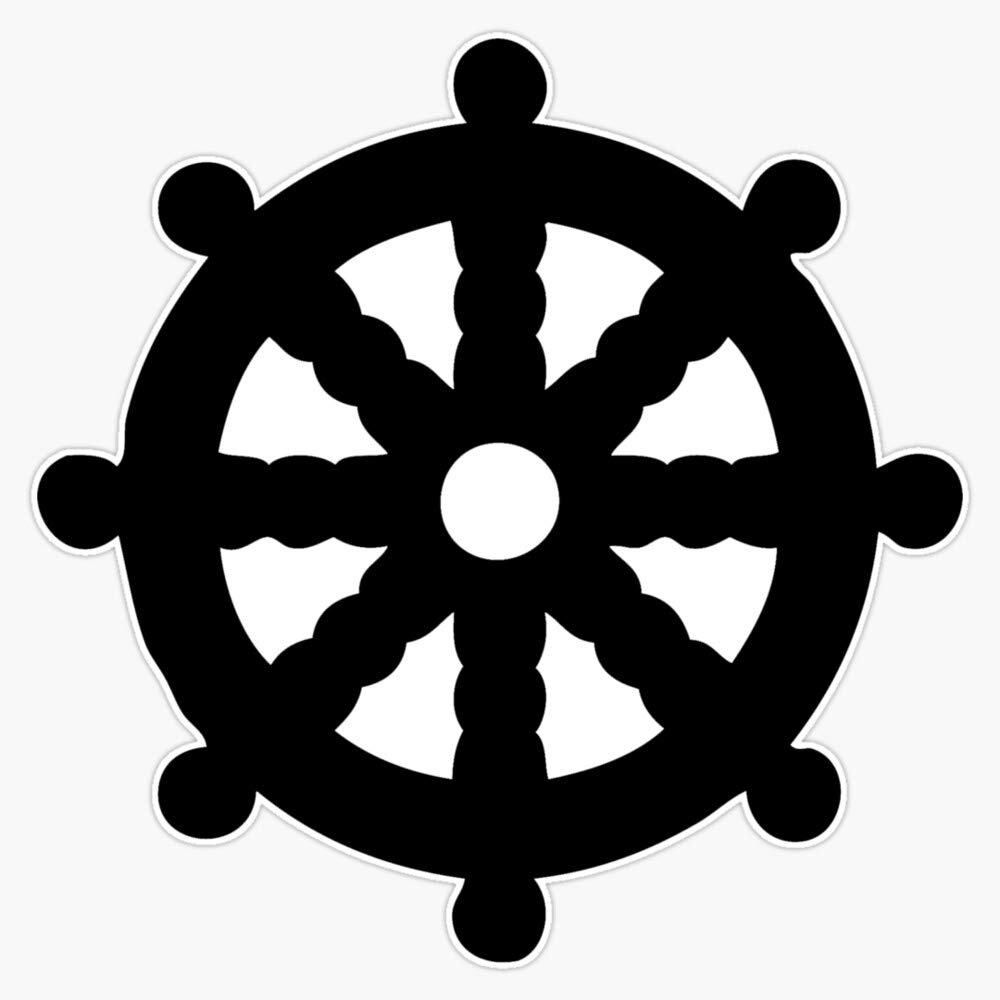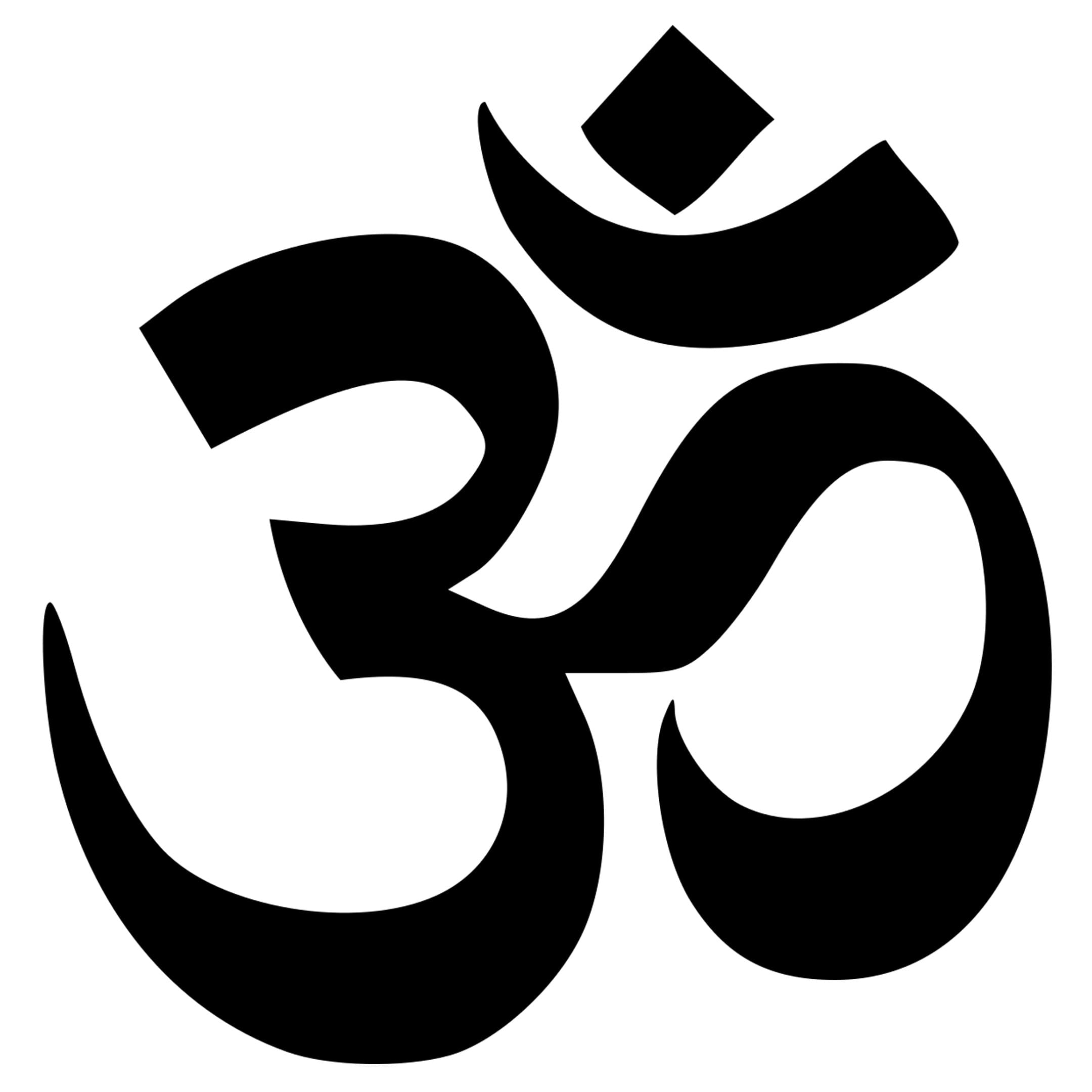foundational regions
1/7
Earn XP
Description and Tags
Name | Mastery | Learn | Test | Matching | Spaced |
|---|
No study sessions yet.
8 Terms
Polytheism
Earliest religion across all cultural regions
Many gods and/or spirits
Animism
Sumerians, Greeks, Romans, Aztec, African, and Hinduism

Judaism: 900 BCE
Monotheism
Ten Commandments of moral and religious conduct
Torah—Written record and beliefs of Hebrews
Greatly influenced Christianity and Islam
Founded in the Middle East in modern day Israel

Christianity: 30 CE
Monotheism
Jesus as Son of God
Life after death, sins forgiven
New Testament—Life and teachings of Jesus
Persecuted by Romans; later legalized by Constantine in mid-300s
Founded in the Middle East in modern day Israel

Islam: 622 CE
Monotheism
Muhammad the prophet, Allah is God; Noah, Abraham and Jesus are all accepted as well.
Koran [Qu’ran]
Five Pillars of Islam
Founded in Mecca and Medina – The Middle East south of Israel
Shiite/Sunni split [more on this later]

Buddhism: 550 BCE
Founder—Siddhartha Gautama (Buddha)
Four Noble Truths
Eightfold Path to Enlightenment/Nirvana
Desire causes suffering
Spread of Buddhism from India to China and other parts of Asia, resulting from Asoka’s missionaries and their writings
Monotheistic

Hinduism: 1500 BCE
Many forms of one deity or god
Caste system
Reincarnation
Karma—Future reincarnation based on present behavior
Founded in India

Confucianism: 550 BCE
A philosophical and ethical system of conduct [not actually a religion]
Founder: Kung Fu-Tze
Men superior, importance of family, only educated should be in charge, ancestor worship, mandate of heaven
Knowledge of Confucianism made up much of the Civil Service exam.
Dominant influence of Chinese government and education for over 2000 years

Daoism: 400 BCE
Founder Lao-tzu; later polytheistic
“The War”: a balance in nature
Yin/Yang [passive and active] is harmony
Confucianism is unnatural
Very popular with peasants
Great effect on art
Founded in China